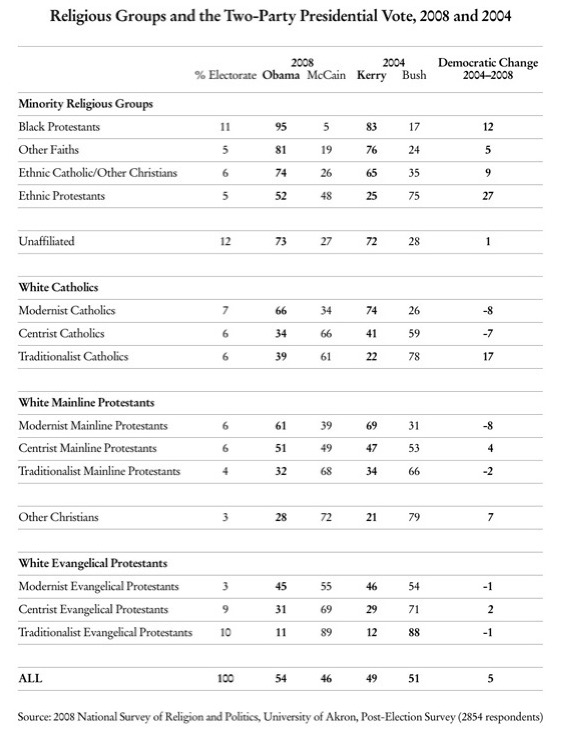Post Author: Bill Pratt
One of the most remarkable lectures I ever heard at an apologetics conference was a Friday morning session with Peter Kreeft, professor of philosophy at Boston College. Kreeft is a highly respected Catholic scholar who has taught at BC for many years and written more than 60 books.
Kreeft’s lecture focused on his desire to see Roman Catholics and Evangelicals move toward unity, certainly a worthy goal as long as we’re not compromising any essential doctrines. But what I wasn’t expecting to hear was his statement that Catholics now agree that justification is by faith alone. Yes, you read that right.
Kreeft explained that in 1999 the Catholic Church and Lutheran World Federation jointly issued a declaration on the doctrine of justification, the central issue of the Reformation. In 2006, the World Methodist Council also voted to affirm this declaration.
In this declaration, the Catholic Church agreed that justification is by faith alone and it withdrew the condemnations of the Council of Trent toward those Protestants that affirmed justification by faith alone. Kreeft explained that the Council of Trent was condemning the idea that works are not part of the totality of salvation, which is composed of justification, sanctification, and glorification. Luther, on the other hand, was specifically speaking of justification, not sanctification and glorification, when he said works were not involved in salvation. So the Council of Trent misunderstood Luther, according to Kreeft. It took 400 years to figure this out, but better late than never.
During Q&A, Kreeft was quick to add that there are many other areas of disagreement that need to be discussed among Catholics and Protestants, but he believed that if Catholics and Protestants can come to agreement on the doctrine of justification, which was the defining controversy of the Reformation, then there is hope to come to agreement on other issues as well.
I have read the declaration and I believe Kreeft’s interpretation of it is indeed correct. I invite all who are interested in this issue to read the declaration. It is not that long and can be read by someone who is moderately familiar with theological terminology. Also, to preempt fruitless discussion, I would ask that folks not comment or jump to any conclusions about this issue until you have read the declaration yourself. I am very curious to hear reactions from both Catholics and Protestants alike.
